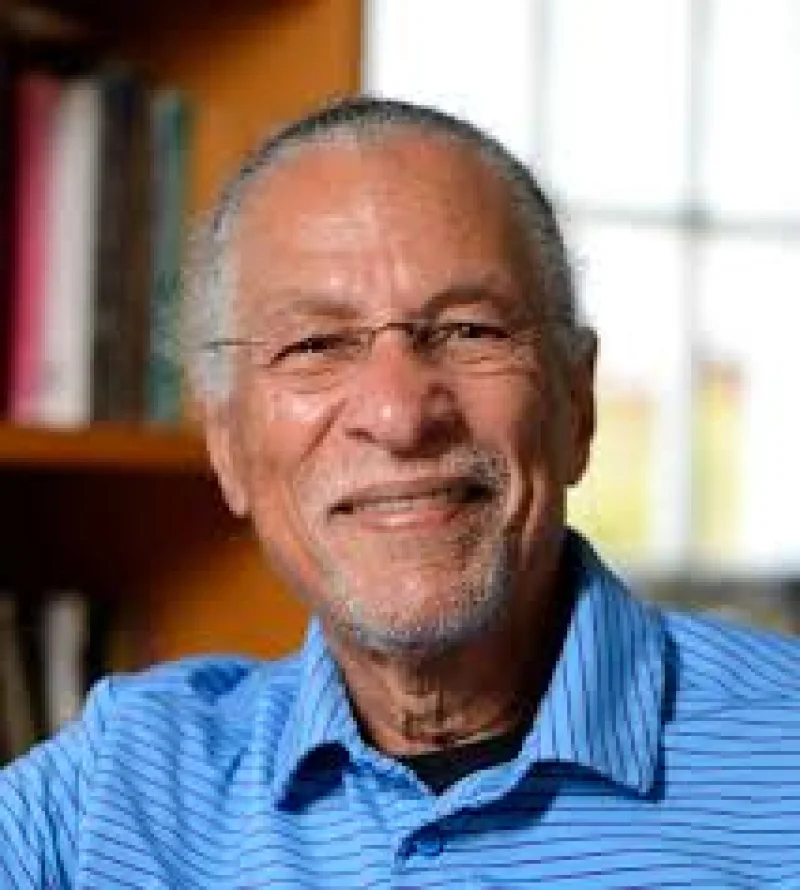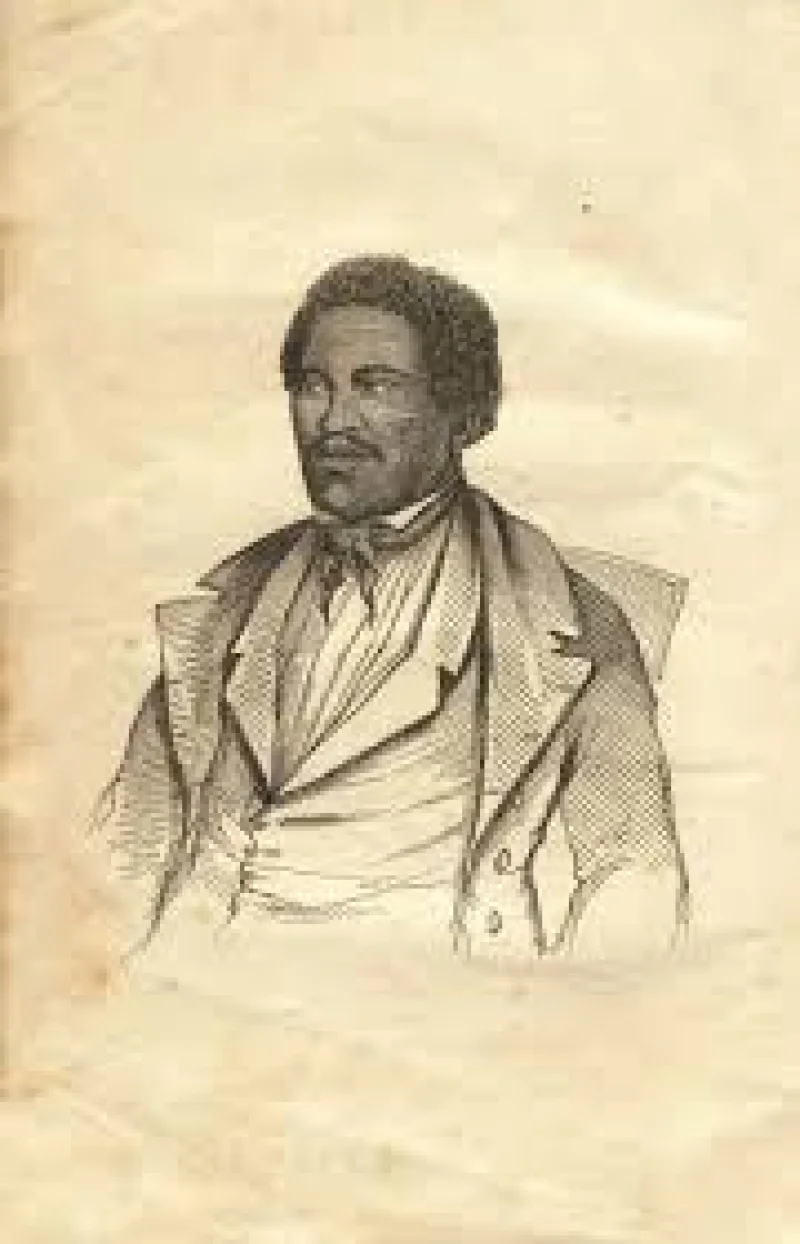Short Summary
Karl F. Herzfeld was an influential physicist known for his contributions to molecular theory and acoustics. Born in Austria, he made significant strides in the development of theoretical physics during the 20th century. Herzfeld is recognized for his work on the kinetic theory of gases and molecular acoustics, which have had lasting impacts on the field. His academic career spanned several decades, during which he mentored numerous physicists who later became prominent figures themselves.
Early Life & Education
Karl Herzfeld was born on February 24, 1892, in Vienna, Austria. He grew up in a culturally rich environment that fostered his early interest in science and mathematics. Herzfeld pursued his higher education at the University of Vienna, where he earned his doctorate in physics in 1914. His doctoral studies were influenced by the work of his mentors, who introduced him to advanced concepts in theoretical physics. The intellectual climate of early 20th-century Vienna, combined with his rigorous academic training, laid the foundation for his future contributions to the field.
Career Highlights
After completing his education, Herzfeld embarked on a career that would see him become a leading figure in theoretical physics. He initially worked at the University of Munich, where he collaborated with esteemed physicists like Arnold Sommerfeld. In 1936, he moved to the United States and joined the faculty at The Catholic University of America in Washington, D.C. Over the years, Herzfeld made significant contributions to the understanding of molecular acoustics and the kinetic theory of gases. His research and teaching influenced a generation of physicists, cementing his legacy as a key voice in the scientific community.
Major Achievements
- Developed foundational theories in molecular acoustics, enhancing the understanding of sound propagation in gases.
- Contributed to the kinetic theory of gases, providing insights into the behavior of molecules in different states.
- Published numerous influential papers that advanced the field of theoretical physics.
- Mentored a generation of physicists, many of whom became prominent figures in their own right.
Famous Quotes
- "The beauty of science lies in its ability to connect the seemingly unrelated."
- "To understand the universe, one must first understand the building blocks that compose it."
Interesting Facts
- Herzfeld was one of the many European scientists who emigrated to the United States during the rise of the Nazi regime.
- He served as a consultant for several government research projects during World War II.
- In addition to his scientific work, Herzfeld had a keen interest in the arts and was known for his appreciation of classical music.
Legacy / Influence
Karl F. Herzfeld's work in molecular acoustics and the kinetic theory of gases has had a lasting impact on the field of theoretical physics. His research bridged the gap between classical and modern physics, influencing both contemporaries and future generations. His teachings and mentorship helped shape the careers of many notable physicists, ensuring that his influence would be felt long after his passing. Herzfeld's legacy is one of intellectual curiosity and scientific advancement.
FAQ
Q: Why is Karl F. Herzfeld famous?
A: He is famous for his contributions to molecular acoustics and the kinetic theory of gases.
Q: What was his role during World War II?
A: He served as a consultant for several government research projects.
Q: Where did he spend most of his academic career?
A: He spent a significant portion of his career at The Catholic University of America.
Q: Did he have any interests outside of physics?
A: Yes, he had a keen interest in the arts and classical music.












